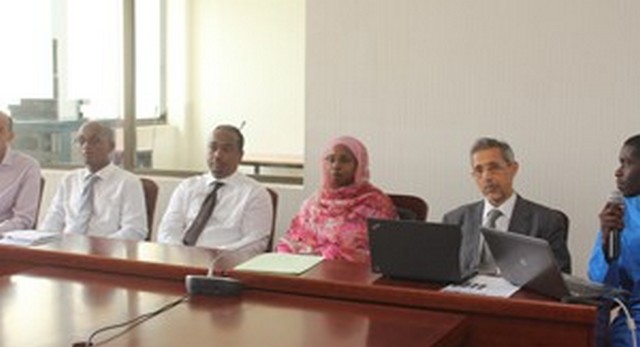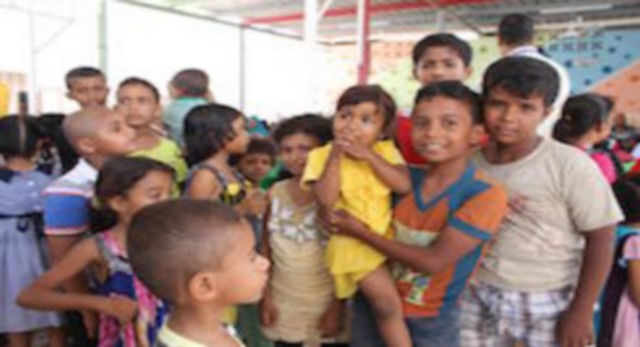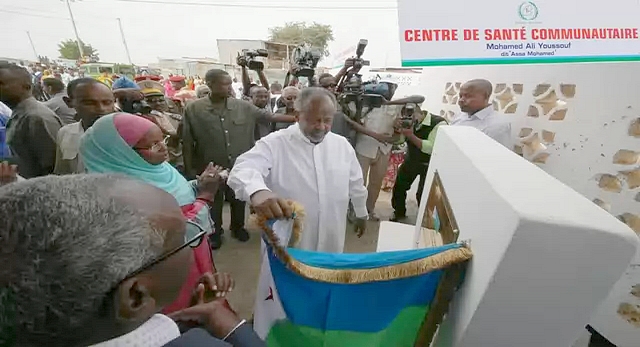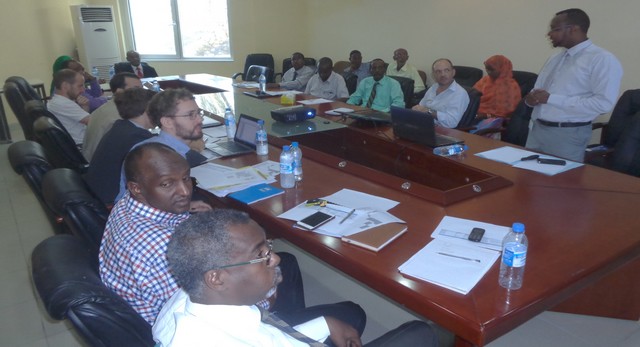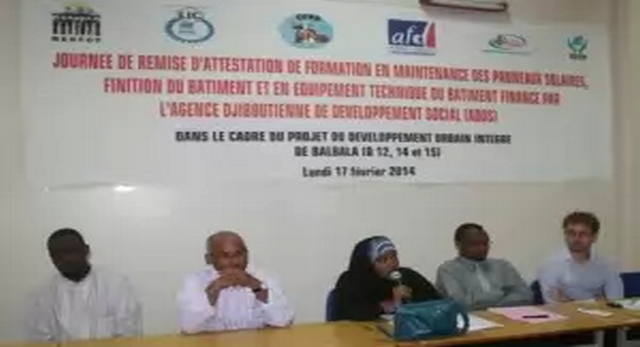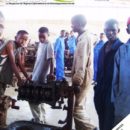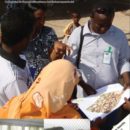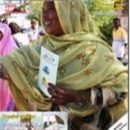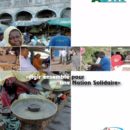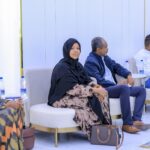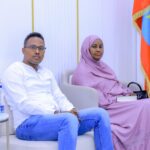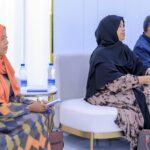The Directorate for Statistics and Demographic Studies (DISED), in partnership with the World Bank Representation in Djibouti, held a working meeting last Wednesday at the People’s Palace on the finalization of the questionnaire for the fourth Djibouti Household Survey For social indicators (EDAM4 – IS). The meeting gathered on-site officials responsible for statistics and data collection in various sectoral ministries (Interior, Education, Health, Labor, Agriculture, Habitat, Women and Family, Communication, and Decentralization) From the respective ranks of ADDS, CNSS, EDD, and ONEAD, and CERD, and representatives of UN agencies.
Thus, DISED plans to carry out the fourth Djiboutian survey of households for social indicators (EDAM4-IS) in the first half of 2017. The purpose of this survey is to update socio-economic data and indicators on household consumption and living conditions. It responds to the need for monitoring and evaluation of social development policies and programs, the fight against poverty and the progress made towards achieving sustainable development objectives (SDGs).
More specifically, the implementation of EDAM4-IS will provide more recent data on socio-economic and socio-demographic characteristics (population structure, education, employment, economic activities, etc.), (Habitat characteristics, access to water, sources of energy, access to means of communication, etc.), sources of income, consumer spending (health, education, housing , Food, transport, communication, social services and recreation), consumption structure, access to basic social services, governance within households and the community, perceptions of poverty and exclusion Especially in the fields of education, health, employment, housing, energy, agriculture and capital.
Other objectives of EDAM4-IS are to update the profile of poverty and well-being and to provide reliable information for national accounts. This reflects DISED’s concern to improve the products of its surveys. Within the framework of EDAM4-IS, officials of the national statistical apparatus and World Bank experts agreed to combine the classic household survey questionnaire (EDAM) and the survey Budget and Consumption (EBC).
Let us note in passing that the World Bank contributes 85% to the financing of EDAM4-IS. The purpose of this practice is to improve the calculation of consumption aggregates, welfare, and poverty by focusing on variables related to the valuation of durable goods, subsidized food, The measure of well-being.
Another feature of EDAM4-IS is the extension of its coverage to nomadic populations.
Clearly, the questionnaire for this 4th survey covers all social sectors. And its results and its database will be a source of information by which the sectoral technical departments and researchers can carry out secondary analyzes. This is why DISED intends to involve a wide range of partners in the closure of the questionnaire of its 4th survey.

